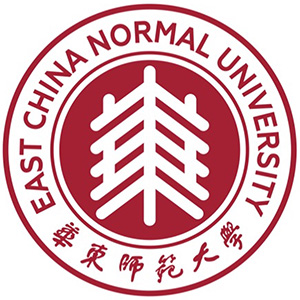Development of cellulose-based functional materials for emerging applications
报告人简介
Professor Feng Jiang is an Associate Professor at The University of British Columbia and holds a Tier II Canada Research Chair in Sustainable Functional Biomaterials. His research focuses on the sustainable isolation and modification of lignocellulosic nanomaterials, along with the advanced manufacturing of bio-based products for emerging thermal, environmental, electrical, and energy applications. With over 100 journal articles published in esteemed journals such as Nature Materials, Chemical Reviews, Advanced Materials, Materials Today, ACS Nano, among others, Professor Jiang has made significant contributions to the field. He has also delivered over 100 invited presentations at international conferences and universities and serves as Editor of Carbohydrate Polymers. Recognized for his research excellence, he has received prestigious awards including the 2021 ACS CELL KINGFA Young Investigator Award, the 2023 UBC Faculty of Forestry Outstanding Research Award, the 2023 TAPPI Nano Mid-Career Award, and the Paper360° 2022 TOP 50 POWER LIST, and 2024 UBC Killam Faculty Research Prize Senior Category. Professor Jiang holds leadership roles in the ACS CELL Division and TAPPI Nano Division. His research has led to the generation of 6 patents, numerous provisional patents, and has been covered by over 300 different media outlets, including CBC, CTV, and BNN Bloomberg.
内容简介
In recent years, bio-based nanomaterials such as nanocellulose have garnered significant attention and become a hot topic of research in various fields, owing to their remarkable mechanical, optical, and nanoscale properties. These materials have demonstrated tremendous potential across multiple domains. Furthermore, bio-based nanomaterials have garnered particular attention due to their sustainable, renewable, and biodegradable characteristics. In this context, our research group primarily focuses on the sustainable transformation, complex hierarchical structure construction, and functional applications of lignocellulosic nanomaterials. In this report, I will first introduce the preparation of lignocellulosic nanomaterials and their inherent properties, with a strong emphasis on utilizing green and sustainable chemical methods for their synthesis. I will also discuss the self-assembly of nanocellulose and the utilization of advanced additive manufacturing techniques to construct complex hierarchical structures. Lastly, using nanocellulose as the fundamental building block, I will explore applications in thermal regulation, energy storage, sensors, and other fields. In summary, we anticipate harnessing the full potential of lignocellulosic nanomaterials by leveraging sustainable green chemistry and advanced nanotechnology.



